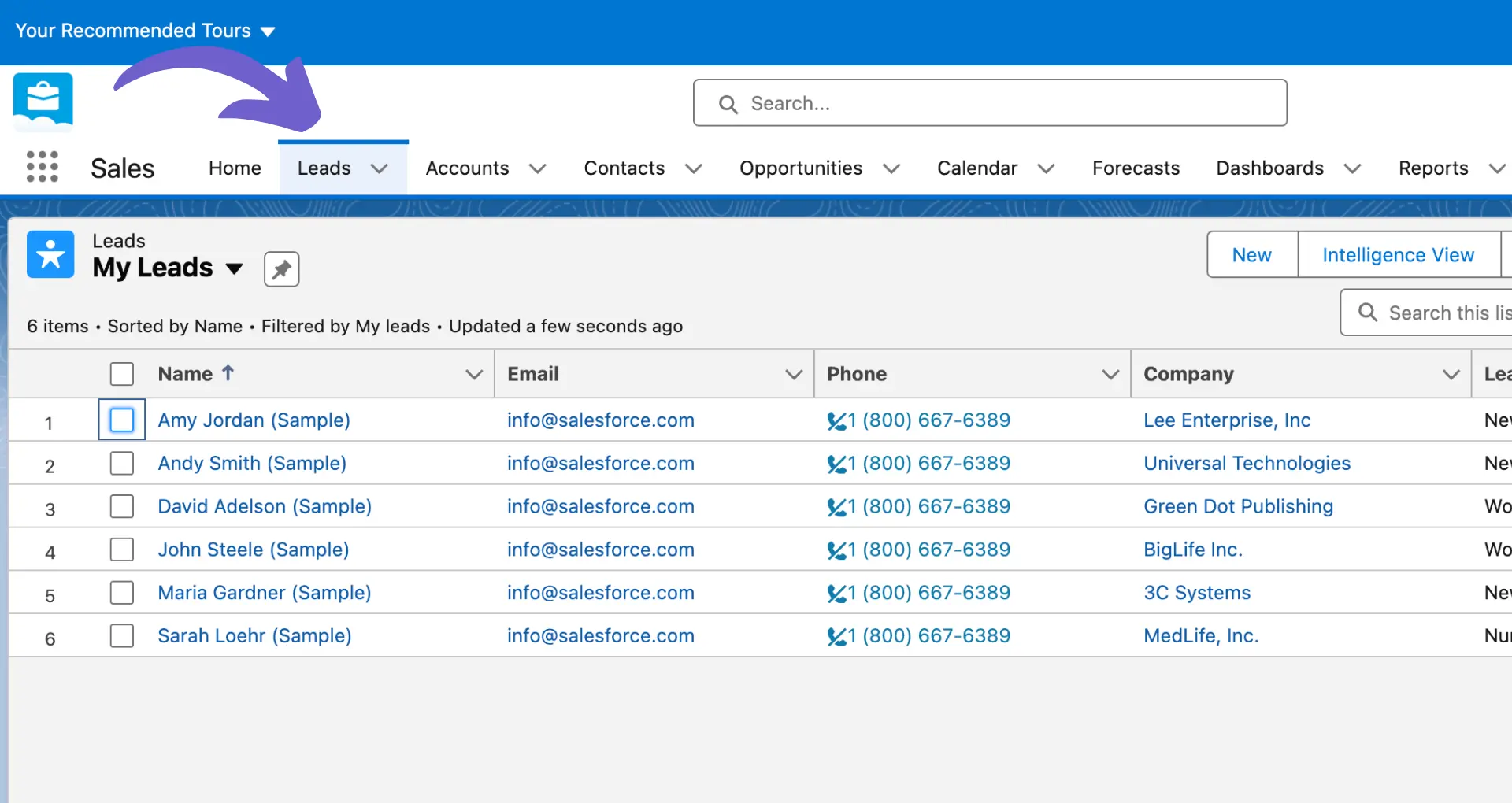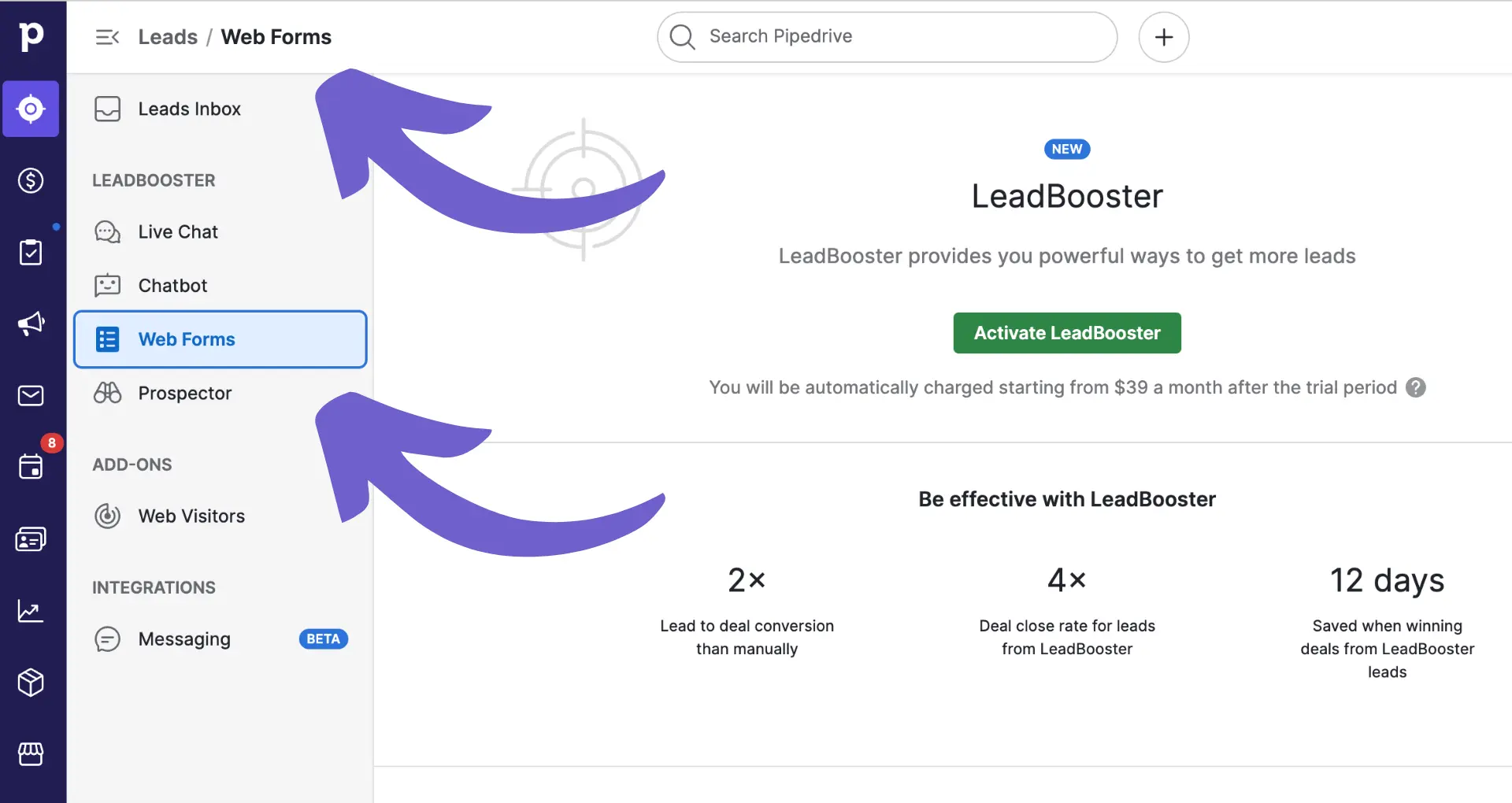Want to crush your sales targets? In today's competitive market, improving sales performance is a must. Did you know that companies with effective sales processes generate 18% more revenue?
This comprehensive guide reveals proven strategies to skyrocket your results. From assessing your current approach to leveraging AI for repetitive tasks, you'll discover both classic and cutting-edge techniques.
Imagine closing more deals in less time. How would consistently hitting quota impact your career and commissions? Let's dive in and unlock your full potential!
Assessing Your Current Sales Processes and Strategies
Before implementing any changes to improve sales performance, it's critical to first assess your current sales processes and strategies. This allows you to identify strengths to build upon and weaknesses to address. Here are key areas to evaluate:
1. Analyze Your Sales Process
Take a close look at each step of your sales process from prospecting to closing. Note conversion rates between stages, average time deals spend in each stage, and where deals tend to stall out or fall through. Look for bottlenecks and friction points that could be streamlined. Consider using sales prospecting tools to enhance your process.
2. Evaluate Your Sales Strategies
Assess how well your current sales strategies align with your target market and their evolving needs and behaviors. Consider your sales channels, messaging, and tactics. Identify what's working well and areas that may need to be updated or overhauled to better resonate with prospects. Sales intelligence can aid in this evaluation.
3. Review Key Sales Metrics
Dive into your sales data and KPIs to pinpoint your most effective prospecting, outreach, demo, and closing techniques. Analyze metrics like lead response times, opportunity win rates, and average deal size to uncover insights. Use this data to double down on what's driving results.
By taking an objective look at how your sales processes and strategies are performing today, you can uncover impactful ways to optimize your sales efforts. Armed with these insights, you'll be well-positioned to take your sales to the next level.
In the next section, we'll explore how building the right sales team lays the foundation for ongoing sales success.
Building an Effective Sales Team
Hiring the right people is critical to building a high-performing sales team. You need reps with the skills, experience, motivation, and fit for your culture and goals. But onboarding, training, coaching, and the team environment are equally important for their success. Here's how to build an effective sales team:
1. Hire Top Sales Talent
Start by defining your ideal candidate profile - the specific skills, traits, and experience needed for the role. Improve your recruiting process to source and attract better candidates. Conduct rigorous interviews to assess not only sales ability but also motivation, coachability, and fit.
For example, include role-play scenarios in interviews to see selling skills in action. Evaluate their track record and how they've overcome challenges. Make sure they're passionate about your mission and will collaborate well with the team.
2. Provide In-Depth Onboarding and Training
Effective onboarding sets new reps up for success. Provide in-depth training on your products, buyer personas, sales process, and methodology. Use a mix of instructor-led training, online courses, and shadowing top reps to reinforce the concepts.
Don't just "download" a ton of information on them - make training interactive and engaging. Have them practice pitches and objection handling. Provide constructive feedback to refine their approach. Continually assess comprehension and supplement training where needed.
3. Implement a Sales Coaching Program
Studies show that consistent, high-quality coaching is a key driver of sales performance. Have managers meet 1:1 with each rep at least weekly to review activities, pipeline, and deals. Provide guidance and collaboratively problem-solve.
Use call recordings to identify coaching opportunities. Provide specific feedback and practice key conversations through role-play. Motivate and build confidence while holding reps accountable. Make coaching an ongoing process, not a one-time event.
4. Foster a Positive Team Culture
The team environment has a huge impact on rep motivation and success. Encourage collaboration and healthy competition. Publicly celebrate wins and efforts. Have reps share best practices and learn from each other.
Build a culture of continuous improvement. Encourage reps to proactively ask for help. Promote work-life balance and team bonding. Make coming to work fun and rewarding. A positive culture translates into better sales performance.
Integrate Bardeen to automate sales prospecting tasks. Save time, improve efficiency, and focus on closing deals.
An effective sales team starts with hiring the right people, but requires an ongoing investment in their development. Coaching, training, and a strong team culture will motivate reps and maximize their performance. Next, we'll look at how to develop a winning sales strategy to enable their success.
Developing a Winning Sales Strategy
A successful sales strategy aligns your target market, unique value proposition, messaging, and outreach tactics to effectively reach and convert ideal customers. It focuses limited resources on the highest-potential opportunities. Here's how to develop a winning strategy:
1. Define Your Ideal Customer Profile
Not all customers are created equal. Focus your sales efforts on the prospects most likely to buy and benefit from your product. Create an ideal customer profile (ICP) defining key characteristics like industry, company size, geography, and pain points. Use this ICP to identify target accounts for cold outreach.
For example, a SaaS company may target mid-size businesses in the healthcare industry struggling with manual reporting processes. Focusing on this niche allows tailoring the sales approach.
2. Clarify Your Unique Value Proposition
Your value prop answers the question: "Why should I buy from you over the competition?" It should clearly convey the unique benefits you provide and the problems you solve better than alternatives.
Conduct a competitive analysis to identify key differentiators. Then train reps on relevant proof points and talk tracks to communicate value in sales conversations. Consistent messaging is key.
3. Implement Multi-Channel Prospecting
Today's buyers are bombarded with information and sales outreach. Break through the noise by diversifying your prospecting strategy across channels like email, phone, social, direct mail, and events.
Personalize outreach for each prospect based on their role, company, and relevant trigger events. Automation tools can help scale these personalized touches. Test tactics to optimize what resonates.
4. Follow a Proven Sales Methodology
Consistency is key to sales success at scale. Implement a buyer-centric sales methodology for opportunity qualification, needs discovery, demo delivery, negotiation, and closing.
Popular frameworks include MEDDIC, BANT, and Challenger Sale. Choose one that aligns with your market and train the team thoroughly. Reinforce with deal coaching and inspection. A unified approach maximizes wins.
Aligning your target market, messaging, outreach strategy, and sales process positions you to win against the competition. Ongoing optimization of these core pillars will keep your sales strategy sharp. Next up, we'll dive into the specific activities and techniques to optimize for sales excellence.
Optimizing Sales Activities and Techniques
Improving sales performance requires focusing on the most impactful activities and mastering proven techniques. Streamline your sales process by eliminating low-value tasks and leveraging technology. Hone your consultative selling skills to uncover customer needs and deliver tailored solutions. Here's how to optimize your sales activities:
1. Prioritize High-Impact Sales Activities
Not all sales activities are created equal. Focus your time and energy on the tasks that drive results - prospecting, discovery calls, demos, proposals, and closing. Delegate or automate low-value administrative work that doesn't contribute to revenue.
Use sales automation tools to streamline repetitive tasks like data entry, appointment scheduling, and follow-up emails. This frees up valuable selling time to engage prospects and customers.
Want to save more time on prospecting? Automate sales prospecting with Bardeen's AI tools and improve your efficiency.
2. Master Consultative Selling Skills
Today's buyers expect a consultative sales approach. They want salespeople who listen to their needs, ask insightful questions, and provide relevant solutions - not just pitch products.
Hone your active listening skills. Ask open-ended discovery questions to uncover customer pain points, goals, and decision criteria. Tailor your product demos and proposals to address their specific needs. Sales demo best practices can help build credibility and trust.
3. Tighten Up Your Sales Process
A bloated sales process hurts productivity and results. Streamline your sales cycle to move deals forward faster. Identify key decision-makers early to avoid wasting time with the wrong people.
Get budget and timeline commitments upfront before investing hours in demos and proposals. Proactively surface and handle common objections. Use e-signature tools to get contracts signed promptly. Small improvements in sales velocity add up.
4. Adopt Sales Enablement Technology
The right sales tech stack is a force multiplier. Use a CRM religiously to track deals, customer interactions, and pipeline analytics. Implement sales engagement tools to scale personalized outreach across email, phone, and social.
Analyze call recordings with conversational intelligence software to glean customer insights and coach reps. Automate sales prospecting with AI tools to improve efficiency. Adopt tech judiciously to work smarter, not harder.
Relentless execution of these proven sales activities and techniques will improve your sales performance. You've been at this a while - thanks for sticking with it! While we can't promise overnight success, consistently implementing these best practices is a surefire way to optimize sales and crush your quota. Next up, a handy summary to tie it all together.
Conclusions
Improving sales performance is crucial for hitting revenue targets and driving business growth. This guide covered:
- Analyzing sales processes, strategies, activities and metrics to identify improvement areas
- Building a high-performing sales team through effective hiring, training, coaching and culture
- Crafting a winning sales strategy focused on target markets, value prop, multi-channel outreach and proven methodologies
- Optimizing day-to-day sales activities and techniques to work smarter and close more deals
Mastering these elements will level up your sales game and crush your quota. Don't wing it - use effective sales discovery questions to avoid missed revenue and opportunities. Get after it!






